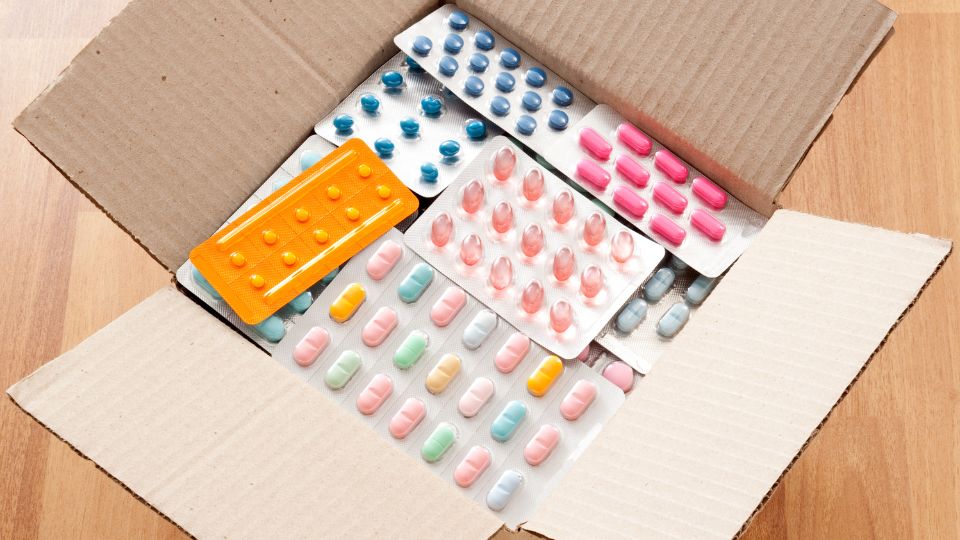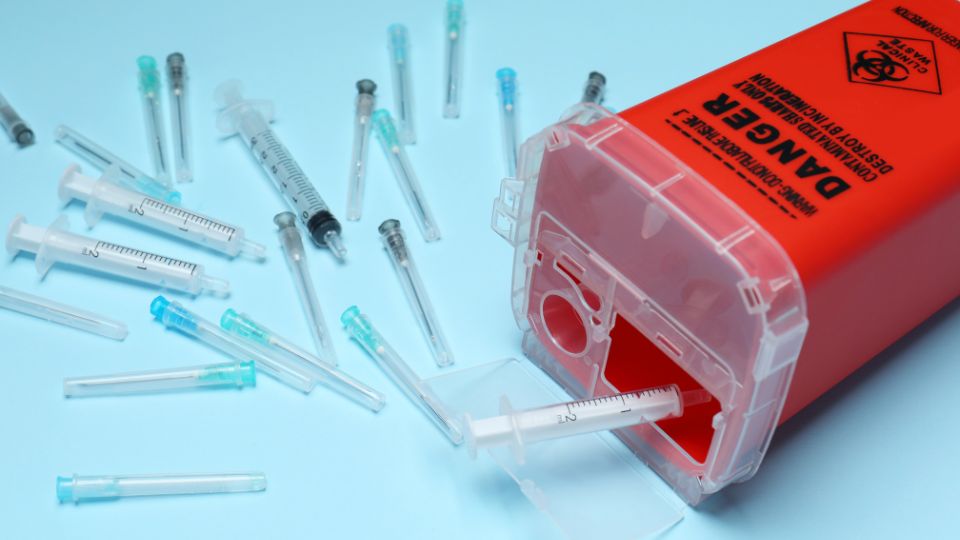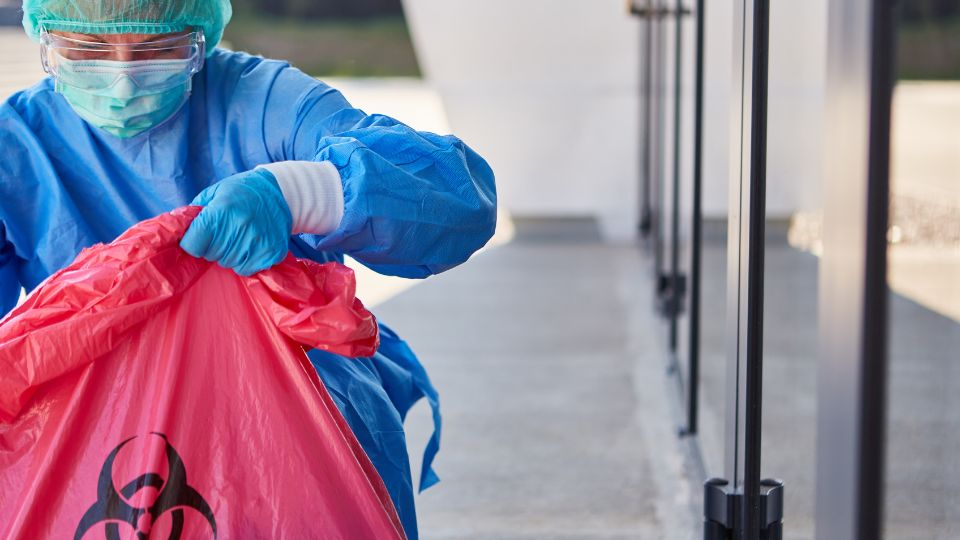
Quick Summary:
- Understanding the recycling process for blister packs ensures environmental responsibility.
- Proper disposal methods such as recycling and reusing help reduce landfill waste.
- Implementing eco-friendly practices promotes sustainability in packaging management.
In today’s environmentally conscious world, recycling is more than just a trend—it’s a responsibility. Blister packs, commonly used for packaging medications, small electronics, and consumer goods, present unique challenges when it comes to recycling.
Implementing eco-friendly practices promotes sustainability in blister pack packaging management.
This blog aims to provide UK businesses and consumers with essential information on what is a blister pack and how to recycle blister packs effectively, addressing common questions and highlighting sustainable practices.
Table of Contents
- Why Recycle Blister Packs?
- Common Questions About Blister Pack Recycling
- How To Recycle Blister Packs Effectively
- Conclusion
Why Recycle Blister Packs?
Blister packs are typically made from a combination of materials such as plastic, foil, and sometimes paperboard.
Recycling these materials not only conserves natural resources but also reduces energy consumption and greenhouse gas emissions associated with manufacturing new products.
Common Questions About Blister Pack Recycling

1. Can blister packs be recycled?
Blister packs can often be recycled, but it depends on the specific materials they are made of. Plastic and foil components can typically be recycled if they are separated properly.
2. What should I do before recycling blister packs?
Before recycling blister packs, it’s essential to remove any medication or product residue and separate the different materials if possible. This preparation ensures that the materials are clean and ready for recycling.
3. Are all types of blister packs recyclable?
Not all blister packs are recyclable due to the varying materials used. It’s crucial to check with your local recycling guidelines or waste management provider to determine which types of blister packs are accepted for recycling in your area.
4. Can blister packs with mixed materials be recycled?
Blister packs with mixed materials, such as plastic and foil, may require special processing to separate the components for recycling. Some recycling facilities may accept these packs, while others may not.
Contact your recycling centre for specific guidance.
5. What are sustainable alternatives to recycling blister packs?
In addition to recycling, consider reducing blister pack waste by opting for products with minimal packaging or using reusable containers. These alternatives help minimise environmental impact and reduce the need for recycling.
How To Recycle Blister Packs Effectively

Check Local Recycling Guidelines
First, familiarise yourself with your local recycling guidelines to understand which types of blister packs are accepted for recycling. Some areas may accept certain types of plastic and foil, while others may not.
Clean and Separate Materials
Before recycling, ensure that blister packs are clean and free from any residue. Separate plastic, foil, and paper components if possible to facilitate the recycling process.
Use Recycling Collection Services
Utilise recycling collection services provided by your local authority or waste management company. These services ensure that blister packs are collected and processed in an environmentally responsible manner.
Explore Specialised Recycling Programs
Some manufacturers and retailers offer take-back programs for blister packs or partner with recycling organisations to facilitate the recycling of packaging materials. Check with product manufacturers or retailers for these opportunities.
Educate Others and Advocate for Sustainability
Spread awareness about the importance of recycling blister packs among colleagues, friends, and family members. Advocate for sustainable practices in packaging management to promote environmental responsibility.
Conclusion
Recycling blister packs is a vital step towards reducing waste and conserving resources. By understanding the materials used in blister pack construction, following proper recycling guidelines, and advocating for sustainable practices, UK businesses and consumers can contribute to a greener future.
For more information on recycling practices and sustainable packaging solutions, explore our resources and stay informed.








